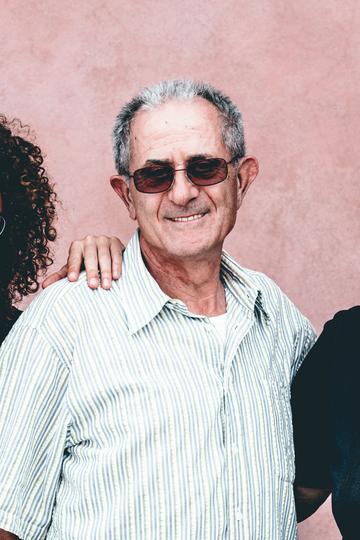- Legends
- Famous Seconds
- Rising Stars
Elio Altare
- Italie
Domain
The history of Elio Altare begins with the Altare family. Natives of the village of Dogliani, Italy, the family bought an estate in the Italian comune of La Morra. This property covers 5 hectares (12.35 acres) of grapevines planted with the Nebbiolo, Barbera, and Dolcetto grape varieties, as well as some peach, hazelnut, and apple trees. During this time, the orchards were more profitable than the vineyards. During the economic crisis, Elio and his friends decided to travel in order to expand their viticulture expertise. After falling in love with Burgundy during his stay in January 1976, he decided that he had to transform the Elio Altare estate. Upon his return, he pulled up all the vineyard’s clusters and burned the barrels. Unfortunately, his father didn’t understand his radical decision-making and consequently cut Elio out of his will. Upon his father’s death, Elio repurchased his family’s property in order to continue his work. His philosophy is based on a pesticide-free, chemical treatment-free grapevine cultivation and a wine-making process without the help of any exogenous yeasts. With the help of Château Margaux, then-manager Paul Pontallier, during his stay in Burgundy, Elio learned different methods. The estate’s young winemakers want to use more modern methods in order to meet the needs of today’s wine aficionados. The estate still belongs to the same family since Elio’s daughter Silvia joined him in 2003. An ambitious and determined man, Elio continues to work on the estate and pursues other activities: restoring an old, abandoned village in Castelmagno and providing training on how to cultivate medicinal herbs and sparkling wine in the Langa mountains. The estate does not filter or clarify the wine, nor does it use any substance that could alter the wine’s color or structure. Likewise, sulfur content is also much lower than the Italian government’s legal limit. Their elegant wines contain silky tannins with freshness and an incredible balance.
Grape varieties
Nebbiolo 40%
Barbera 25%
Cabernet Sauvignon 5%
Divers noir 4%
Dolcetto 25%










